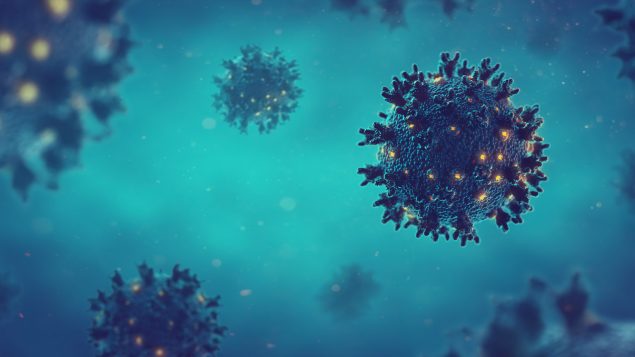Scientists in the province of Quebec are planning to sample and analyse waste water to look for the presence of the COVID-19 virus. This could be a faster, cheaper and more reliable way to find out where there are areas with high levels of infection.
Studies show that many people who are infected shed the virus in their stool. So, the virus gets flushed into the sewer system. A six-month pilot project will involve collection waste water from urban centres like Montreal, Quebec City and Laval as well as from smaller municipalities.
This is expected to track the spread of the virus two to seven days faster than if their populations underwent individual tests. This kind of testing costs about one per cent of what individual testing does. Results could help public health officials quickly see how effective are government measures aimed at limiting the spread of the disease.

Studies show that many people shed the coronavirus in their stool, sometime even before they have symptoms of the disease it causes. (iStock)
Method could provide early warnings
Almost half of Quebec’s population will be covered by the project which is being funded by the government of Quebec and two private foundations to the tune of $1.7 million. The project is coordinated by McGill University with collaboration from Polytechnique Montreal, and it will involve other researchers who have different specialities.
For the past several months, researchers in Ottawa have been collecting waste water and analysing it in a laboratory, and they have been refining their approach. Because the virus may be shed in a person’s stool even before they show symptoms, the method could work as an early warning system in the fight against COVID-10.







For reasons beyond our control, and for an undetermined period of time, our comment section is now closed. However, our social networks remain open to your contributions.